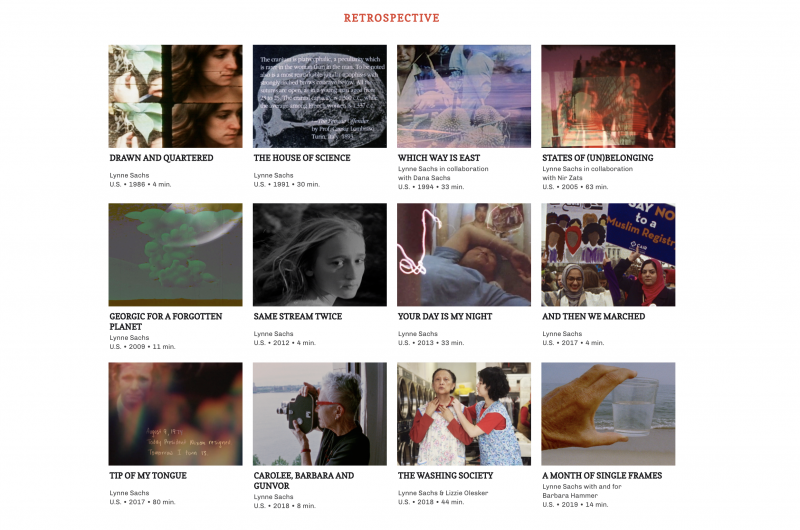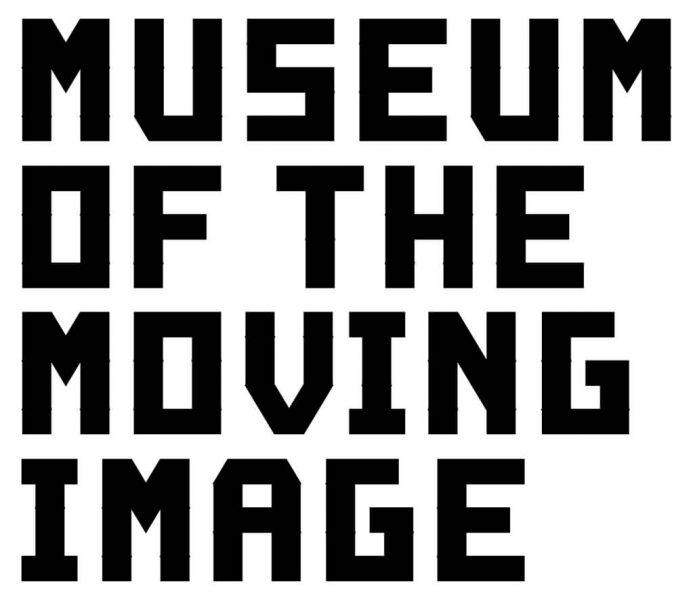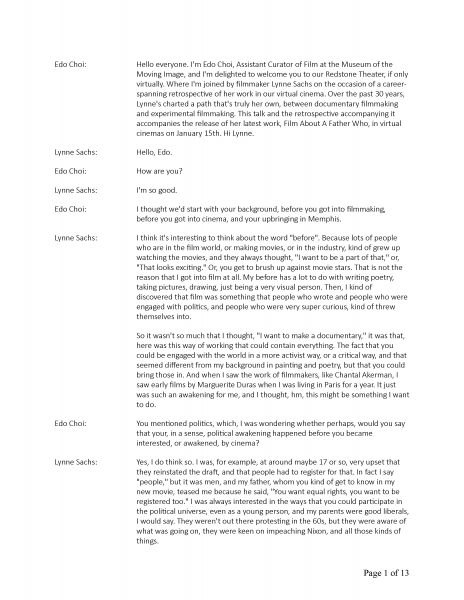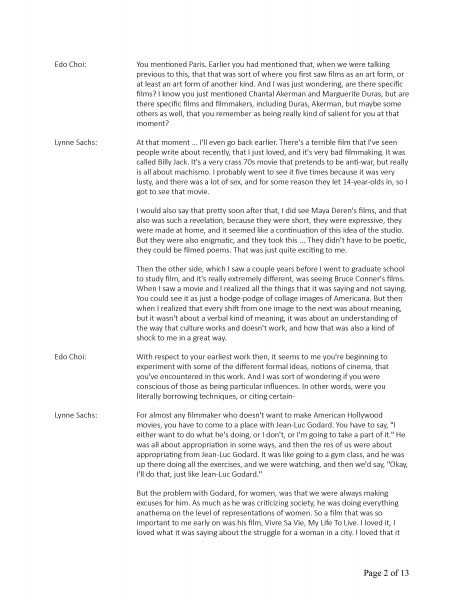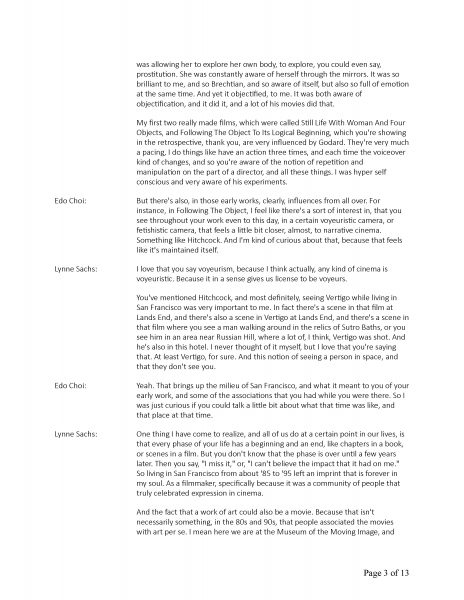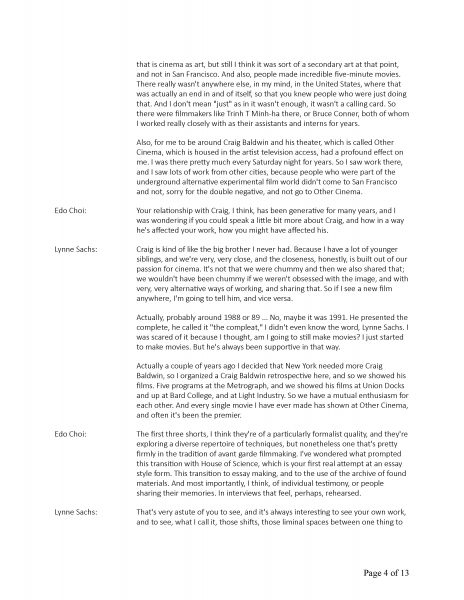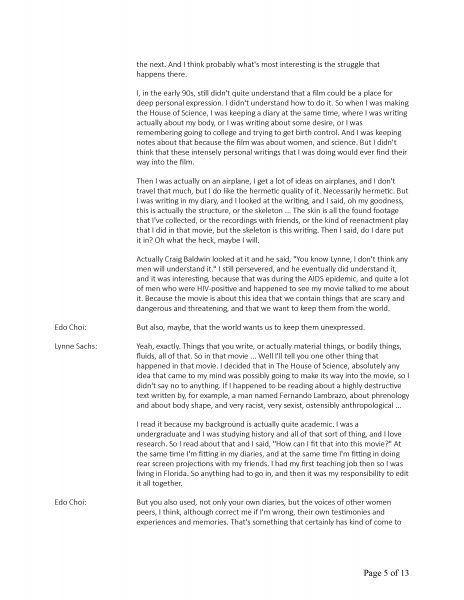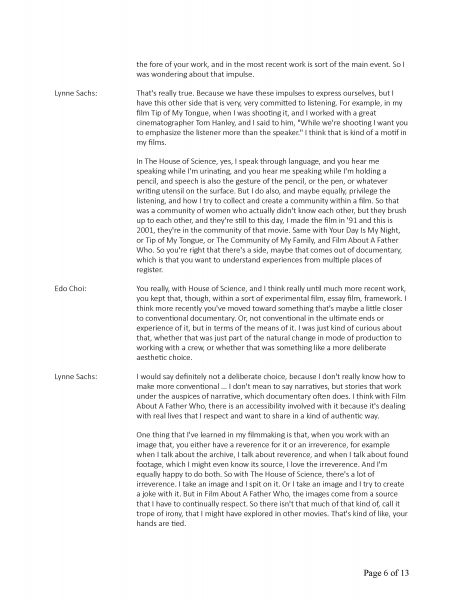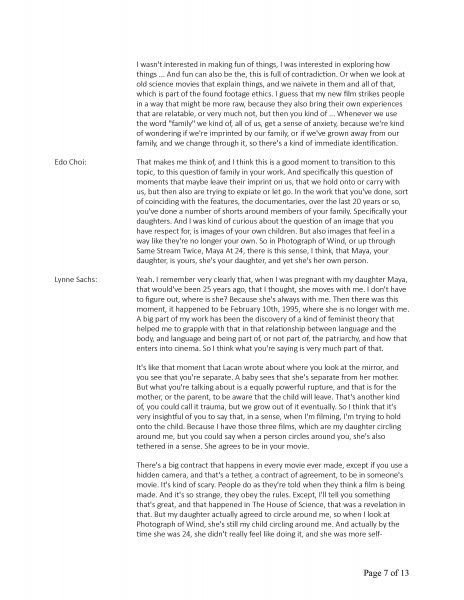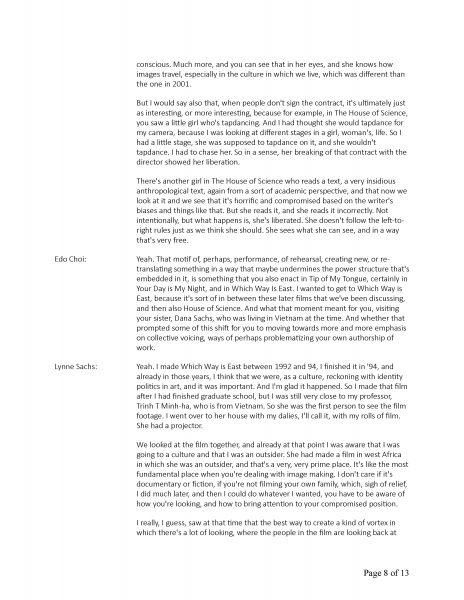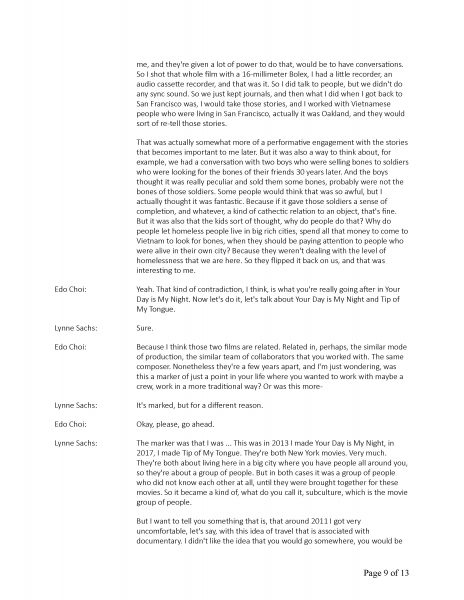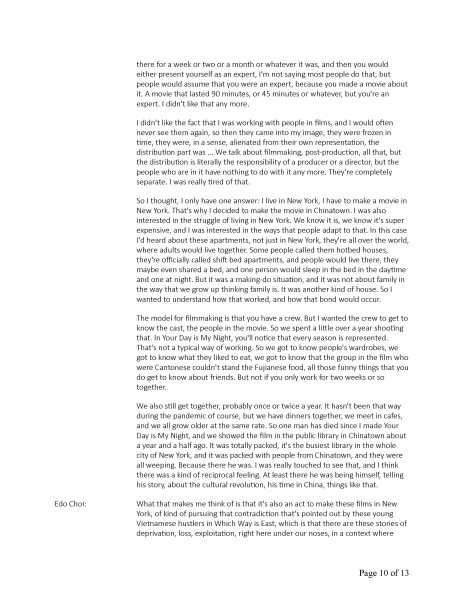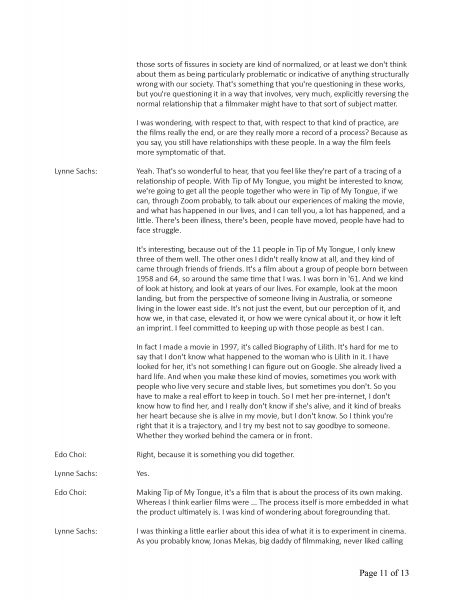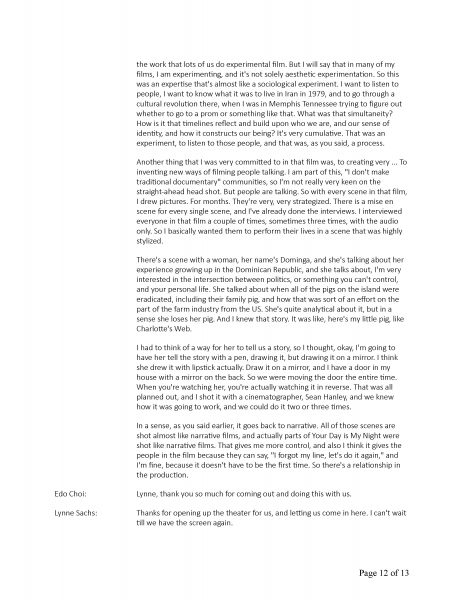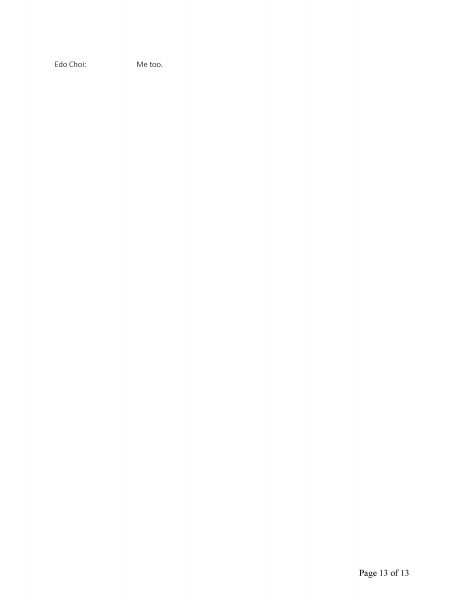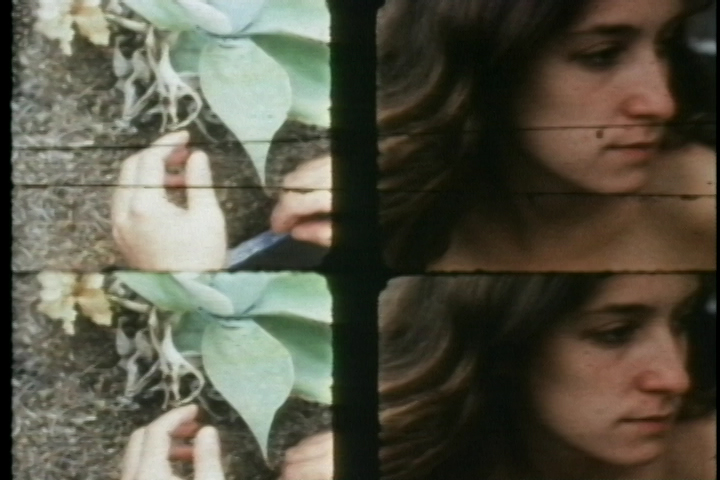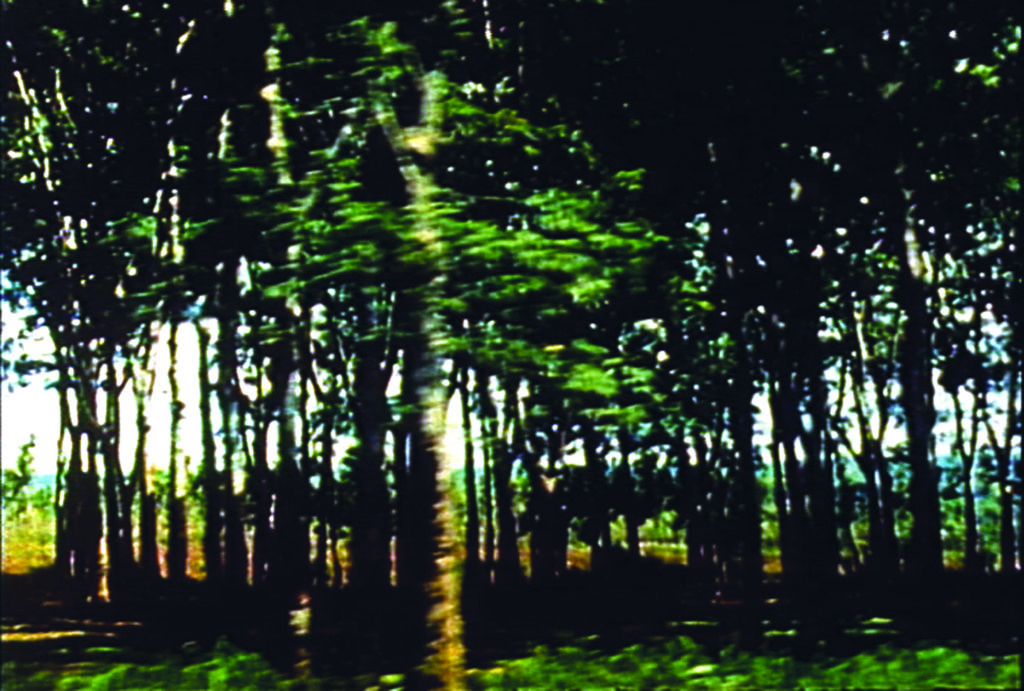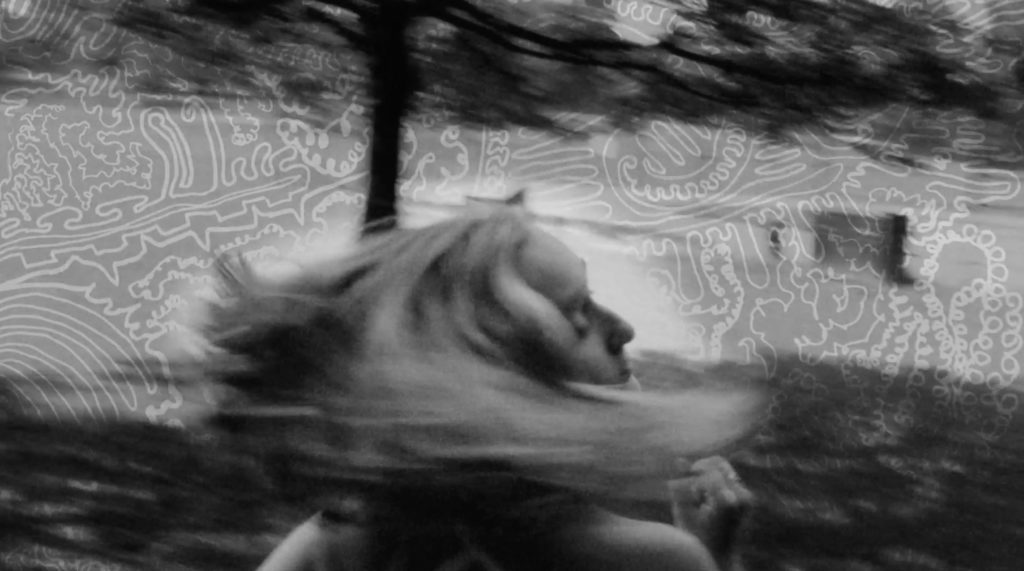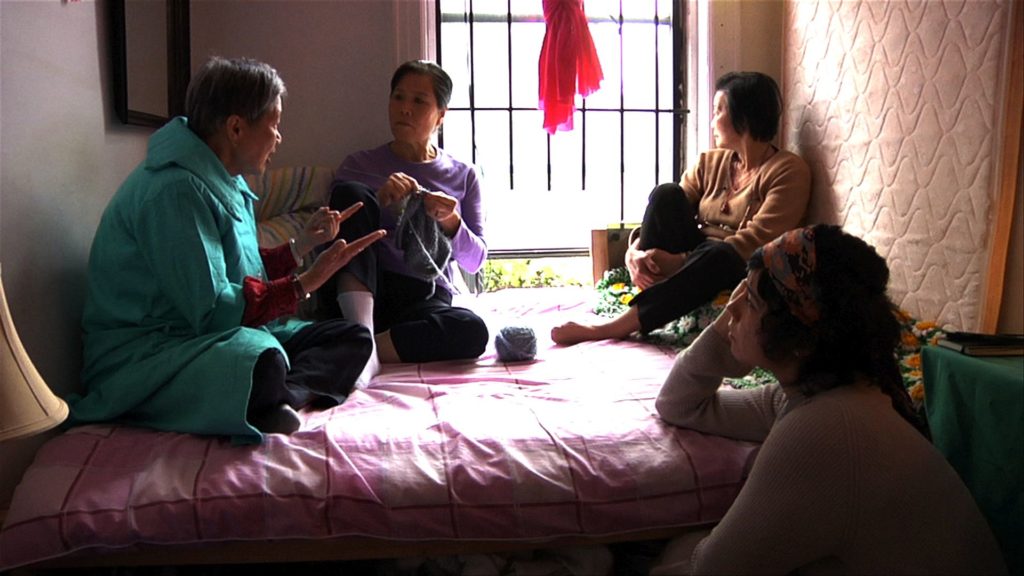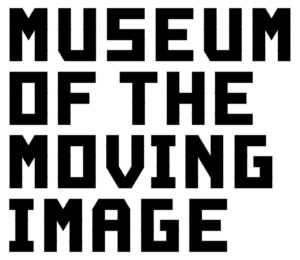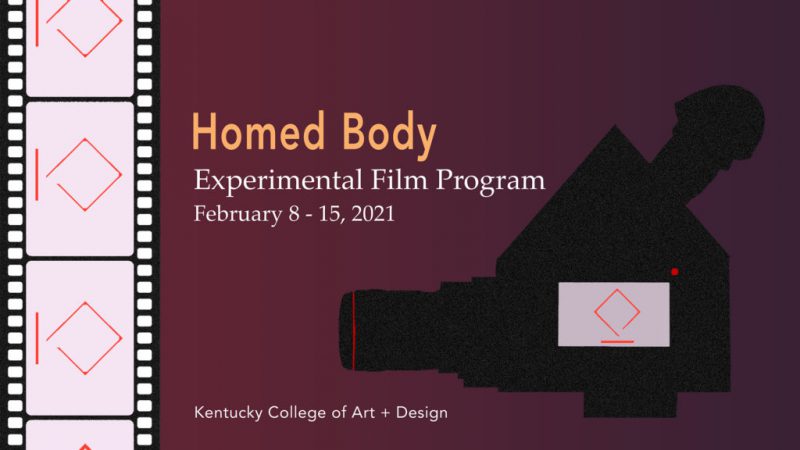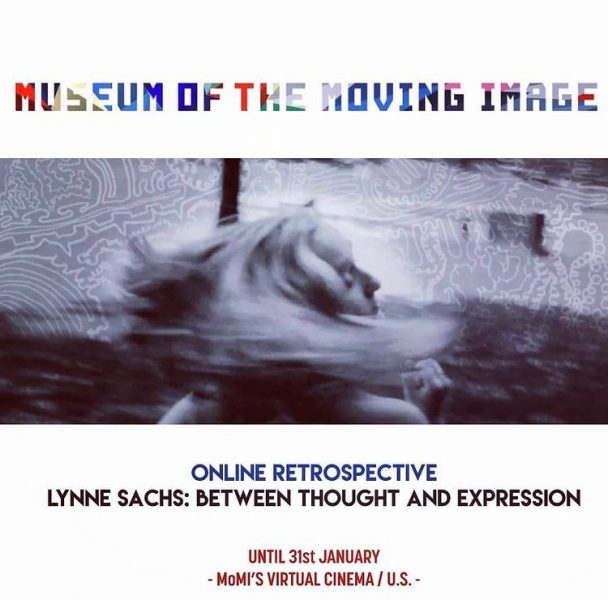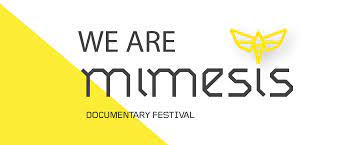
Mimesis – Documentary Festival
August 2021
https://www.mimesisfestival.org/2021-program/#opening-night
Opening Night: Lynne Sachs + Workshop
Film About a Father Who
by Lynne Sachs (2021, 74’)Wednesday 4 August 6:00 PM
Boedecker Cinema
Drawing on a painstaking personal archive of images, home movies, and interviews, Film About A Father Who is a rare kind of cinematic portrait: one that succeeds in expanding our understanding of the filmmaker, her protagonist, and their relationship through its structure, aesthetic, and method. A beautiful accumulation of time, contradictions, and a multitude of perspectives reflects the all-too-familiar operatic dynamics of family.
This screening will be followed by a conversation with the artist and a reception with light refreshments.
Mimesis Documentary Festival, Aug 4 2021
Q & A with filmmaker Lynne Sachs for Opening Night screening of “Film About a Father Who”
moderated by Maryam Muliaee, PhD
Post-doctoral AssociateDepartment of Critical Media PracticesUniversity of Colorado Boulderwww.maryammuliaee.comEditor, MAST journal www.mast-journal.org
- Can you talk a little about the process of archiving for Film About A Father Who in the course of three decades? My emphasis is on the word archiving (rather than archive) with an interest in the process, duration and change — a quality that also involves encounters with the unexpected and unplanned. I can imagine it must be an incredibly enormous amount of footage, images and sounds that needed your considerable time, patience and focus for re-listening, re-watching and final selection. How did you manage these demanding processes of archiving, organizing and reviewing your materials within three decades?
- There is sometimes this wrong assumption that films made up of home movies and family footage are hard to be directed or involve less direction. However, as a director you have sculpted the film with incredible attention to details. Your orchestration of the materials and visual rhetoric are so strong, thoughtful and distinct, revealed as an individual touch. How did you direct the film, and come to decision(s) about selection, order and function of home movies and family footage in your film?
- There is an aesthetic of fragmentation in your film. You also mentioned to cubist paintings in your statement referring to your film and way of portraying your father. This fragmentation brings in dynamic variation, multiplicity and process – embodied in your way of engaging a variety of different materials (in terms of format, quality, time, order, aspect ratio, cut, collage, etc.); in a fragmented and unfinished image of your father; in the voice and view of multiple narrators the viewers encounter such as siblings some of whom remained disconnected for twenty years. I also find a meaningful association between this fragmental or fragmentary aesthetic and the way memories are always in pieces, ephemeral and collective. Can you talk more about the aesthetic of fragmentation (or variation) in your film, and why does it matter to you as a filmmaker?
- While the film title gives this assumption that your main protagonist is a man — obviously your father — I was surprised by and enjoyed far more and many encounters with women in the film, from your grandmother to your mother, your sisters and your father’s other wives, and of course yourself as a woman (as well as a mother and a daughter). Discovering this distinct feminist standpoint through which you connect the viewers more strongly with the female characters in the film was so remarkable for me. Can you talk about this feminist touch?
- Can you talk about your use of aging/decaying videotapes? How did you find it aesthetically important or meaningful to deploy the disintegration of videographic materials? What is at stake in their tactile qualities (e.g. blurriness, incoherence, failure and dispersion) and how have their grainy textures helped your film narrative or aesthetics?
Workshop: Day Residue
A filmmaking workshop on the every day with opening night artist Lynne Sachs.
Thursday 5 August 9:30 – 11:00 AM
Grace Gamm Theater
According to Sigmund Freud’s theory of dreams, our day residue is composed of the memory traces left by the events of our waking state. In this workshop, we explore the ways in which fragments of our daily lives can become material for the making of a film poem. While many people in the film industry rely upon a chronological process that begins with the development phase and ends with post-production, our Day Residue workshop will build on an entirely different creative paradigm that encourages artists to embrace the nuances, surprises and challenges of their daily lives as a foundation for a diaristic practice.
The workshop will include screenings of some of Lynne’s recent short film poems, including Starfish Aorta Colossus (2015), A Month of Single Frames (2019), Visit to Bernadette Mayer’s Childhood Home (2020), and Girl is Presence (2020) as well as excerpts from her feature Tip of My Tongue (2017).




